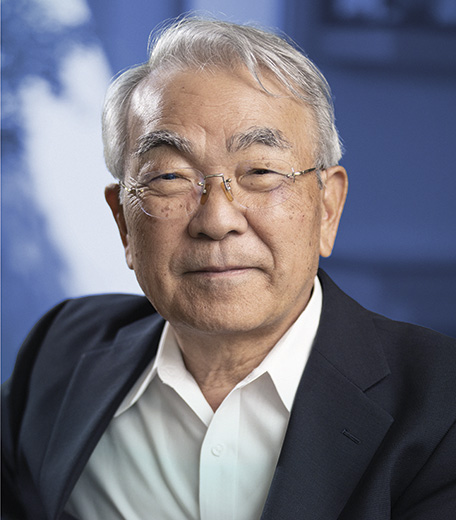The BBVA Foundation Frontiers of Knowledge Award in the Information and Communication Technologies category goes, in this sixteenth edition, to Takeo Kanade for providing the mathematical foundations enabling today’s computers to comprehend and interpret visual images and scenes.
Eschewing heuristic and and ad hoc approaches, and focusing instead on underlying mathematical and scientific models, Professor Kanade’s work has created foundational algorithms for image understanding, motion processing, and robotics perception. These include groundbreaking work on optical flow that underlies motion estimation and video processing, as well as fundamental methods for scene reconstruction and object detection. His techniques enabled key technologies ranging from autonomous driving to augmented reality. Some of the earliest efforts in self-driving cars relied on his vision systems, such as the 1985 No Hands Across America program to drive across the United States without using a steering wheel.
Professor Kanade also pioneered face detection and recognition using machine learning algorithms, a technology now omnipresent in our cellphones. His Origami World framework focused on distilling three-dimensional understanding from images. This, along with his work in multi-baseline stereo, helped to solve critical problems in depth perception. Finally, his work in “virtualized reality” – creating alternate viewpoints to a real scene – opened areas of scientific exploration from medicine and surgery to the EyeVision cameras demonstrated at sporting events like the 2001 American Super Bowl.
His contributions have not only shaped the scientific disciplines of artificial intelligence and robotics but have also significantly transformed the technological world in which we live.


